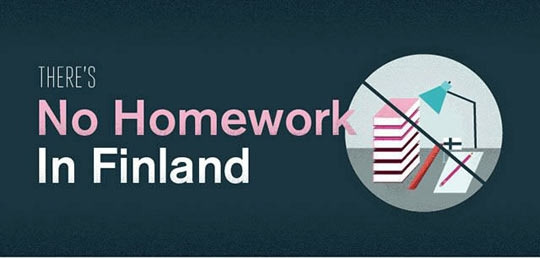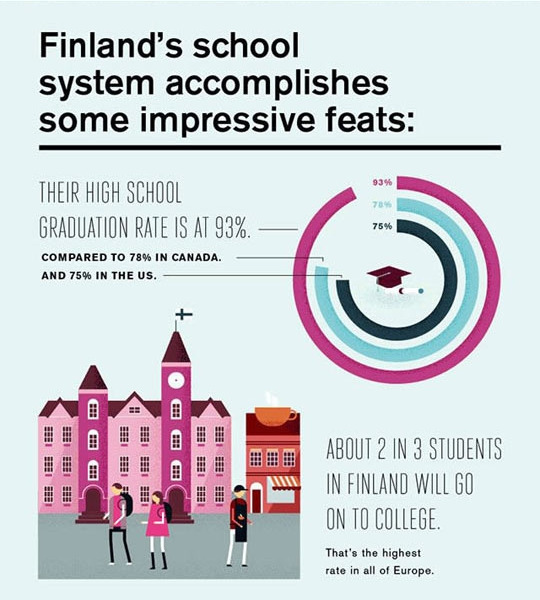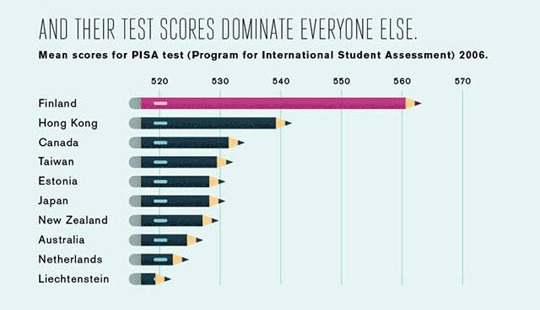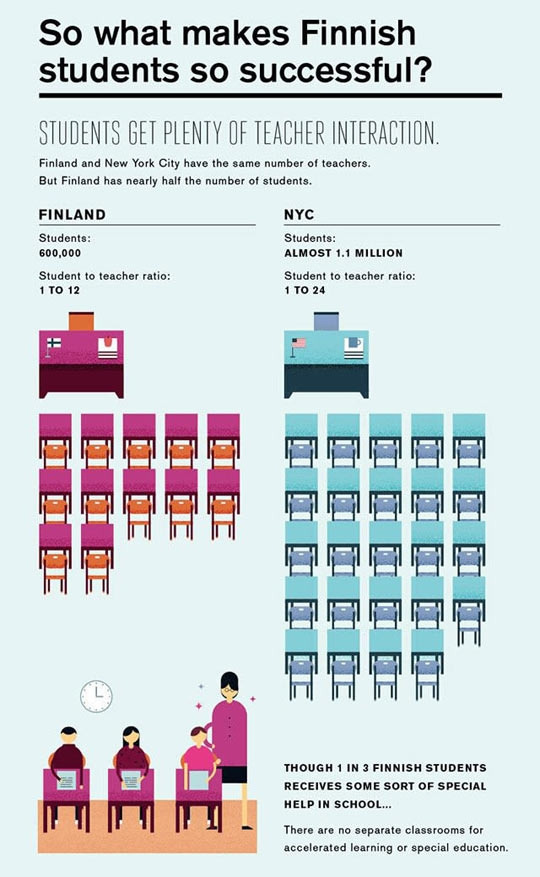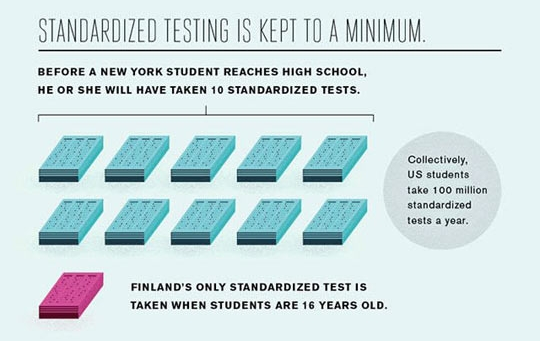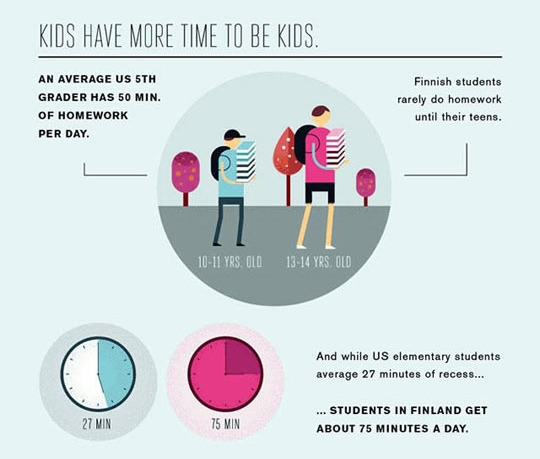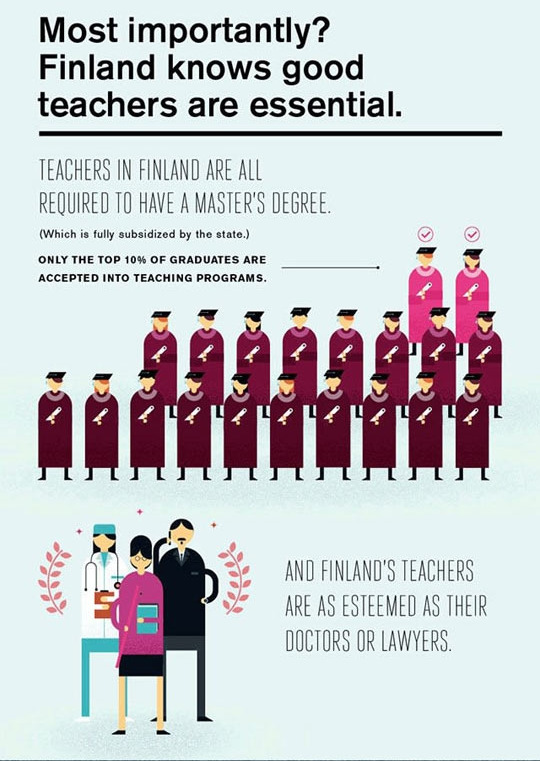The fog of war is the uncertainty in situational awareness experienced by participants in military operations. It can also be applied to grand strategy, envolving diplomacy and politics. This blog's about history in general with a special focus on military (my 'favourite' wars are, among others, the Great Northern War, the Seven Years War, the American War of Independence, the Napoleonic Wars, the French-Prussian War, the American Civil War and both World Wars), and in the History of Portugal. I can also post philosophy, cityscapes, photography, modern architecture, maps, linguistics, some humor, etc. To know more check my about page, or ask!
Don't wanna be here? Send us removal request.
Text
Hi followers! I know I haven't been very active, but that's because my interests and free time are mainly focused in The Zeitgeist Movement now (my interest in history remains, of course, but we're now in a time when history is being made by us). My ask box is open, if you want to talk about it with me, or if you want me to enlighten some doubt you may have. Cheers for you all!
13 notes
·
View notes
Video
youtube
Believe me, it’s worth to see it.
4 notes
·
View notes
Text
reblog if u remember when apple was a FRUIT, kids played OUTSIDE not on their ipads, and decomposing VICTIMS of the BUBONIC plague LITTERED the STREETS
825K notes
·
View notes
Quote
The world is my country, all mankind are my brethren, and to do good is my religion.
Thomas Paine
106 notes
·
View notes
Photo

"Finally Lisbon!" by Nuno Roby Amorim
6 notes
·
View notes
Photo



The Austro-Prussian War or Seven Weeks War was a war fought in 1866 between the German Confederation under the leadership of the Austrian Empire and its German allies on one side and the Kingdom of Prussia with its German allies and Italy on the other, which resulted in Prussian dominance over the German states. In the Italian unification process, this is called the Third Independence War.
The major result of the war was a shift in power among the German states away from Austrian and towards Prussian hegemony, and impetus towards the unification of all of the northern German states in a Kleindeutschland that excluded Austria. It saw the abolition of the German Confederation and its partial replacement by a North German Confederation that excluded Austria and the South German states. The war also resulted in the Italian annexation of the Austrian province of Venetia.
61 notes
·
View notes
Text
And then you read Freud's Psychosexual Development for the first time.
2 notes
·
View notes
Photo

This is literally the stupidest comic I have ever made and I’m not even sorry.
557K notes
·
View notes
Photo

"Why is [country] …" from German Google
by Scurly (reddit)
More autocomplete maps
202 notes
·
View notes
Photo

… Some say Ukrainians lost the ideological battle when they quit the traditional Rus name because the whole world knew the Old Rus state and this mixed old Ukrainian history with the Russian background.
The new word to define the nationality had always made the Ukrainian elite uncomfortable, hence the reluctance of some Ukrainian historians to use old-Ukrainian rather than old-Rus, or Ukraine-Rus rather than Kyiv Rus; which was more of a tribute to the Russian interpretation of history. Both latter terms are artificial, yet the first one sounds more familiar due to soviet history, while the second one was forgotten after the empire banned teaching Ukrainian history from the Ukrainian perspective. By contrast, the French or Germans have never been embarrassed to refer to their Gaulish or Frankish background, as old French or old German history is respectively known.
Notably, the original war between Ukrainian and Russian intellectuals for a historical memory in the 19th century was the battle for independence of the so-called Kyiv Rus heritage. Its winner got the legitimate right in the eyes of the educated part of society to stake their claim over Ukrainian terrain. …
Where Did “Ukraine” Come From?
27 notes
·
View notes
Photo

A map of South America by Abraham Ortelius, 1570
16th century maps of South America
332 notes
·
View notes
Photo

“Independence or Death!" Declaration of Brazil’s independence by Prince Pedro on 7 September 1822. His Guard of Honor greets him in support while some discard blue and white armbands that represented loyalty to Portugal.
37 notes
·
View notes
Quote
"Friends, the Portuguese Cortes wished to enslave and persecute us. As of today our bonds are ended. By my blood, by my honor, by my God, I swear to bring about the independence of Brazil. Brazilians, let our watchword from this day forth be ‘Independence or Death!’"
Pedro I, declaring the independence of Brazil from Portugal.
And his father said something like "Better an independent Brazil under you, who respect me, than under those rebels!"
44 notes
·
View notes




